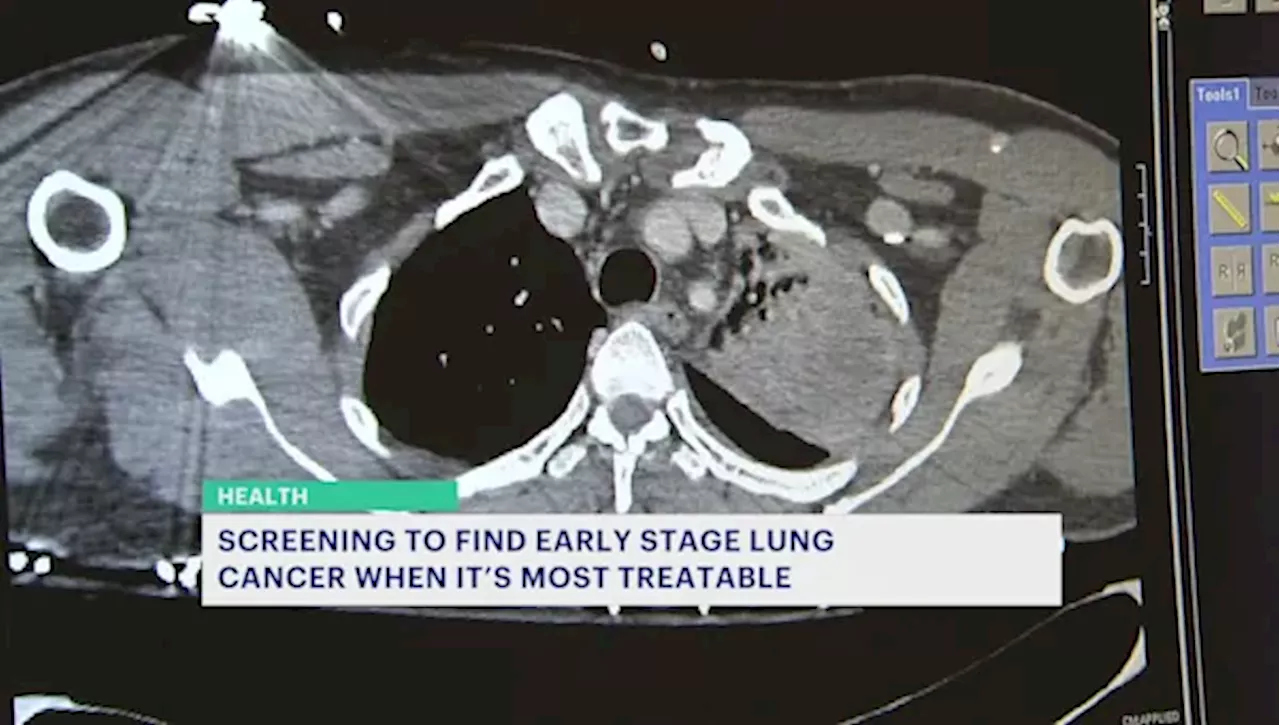While free lung cancer screenings are widely accessible for individuals aged 50 to 80 with a history of smoking, a significant percentage of eligible individuals are not taking advantage of this life-saving opportunity. Doctors emphasize the importance of early detection, as lung cancer often presents no symptoms in its early stages. They encourage those who meet the criteria to schedule a screening, which involves a low-dose CAT scan, to potentially reduce their risk of death from the disease by up to 20%.
People are eligible for lung cancer screening if they are between 50 and 80, smoked or have quit within the past 15 years and have a 20 pack-year or more smoking history.Doctors say while free lung cancer screenings are widely available, there is a high percentage of people who are at risk for the disease and eligible for a screening who are not making an appointment.has a short list of questions for people to answer to see if it makes sense for them to get a screening.
A screening is done with a low dose CAT scan to get a detailed look at lung tissue. Health insurance covers the screening and doctors say there should not be a co-pay. The American Lung Association says the scan can reduce the lung cancer death rate by up to 20%. But data shows only about 16% of those who are eligible get tested.
"We'd all like to be screened and have it completely clean, but If you are going to develop lung cancer, you want to discover it at the earliest possible stage, when it's curable," says Michael Ebright, a surgeon at Stamford Health & NewYork-Presbyterian."There are no nerves in the lungs, you're not going to feel lung cancer. You're not going to necessarily have a cough, you're not going to be coughing up blood, you're not going to have chest pain.
LUNG CANCER SCREENING EARLY DETECTION SMOKING HEALTH INSURANCE
United States Latest News, United States Headlines
Similar News:You can also read news stories similar to this one that we have collected from other news sources.
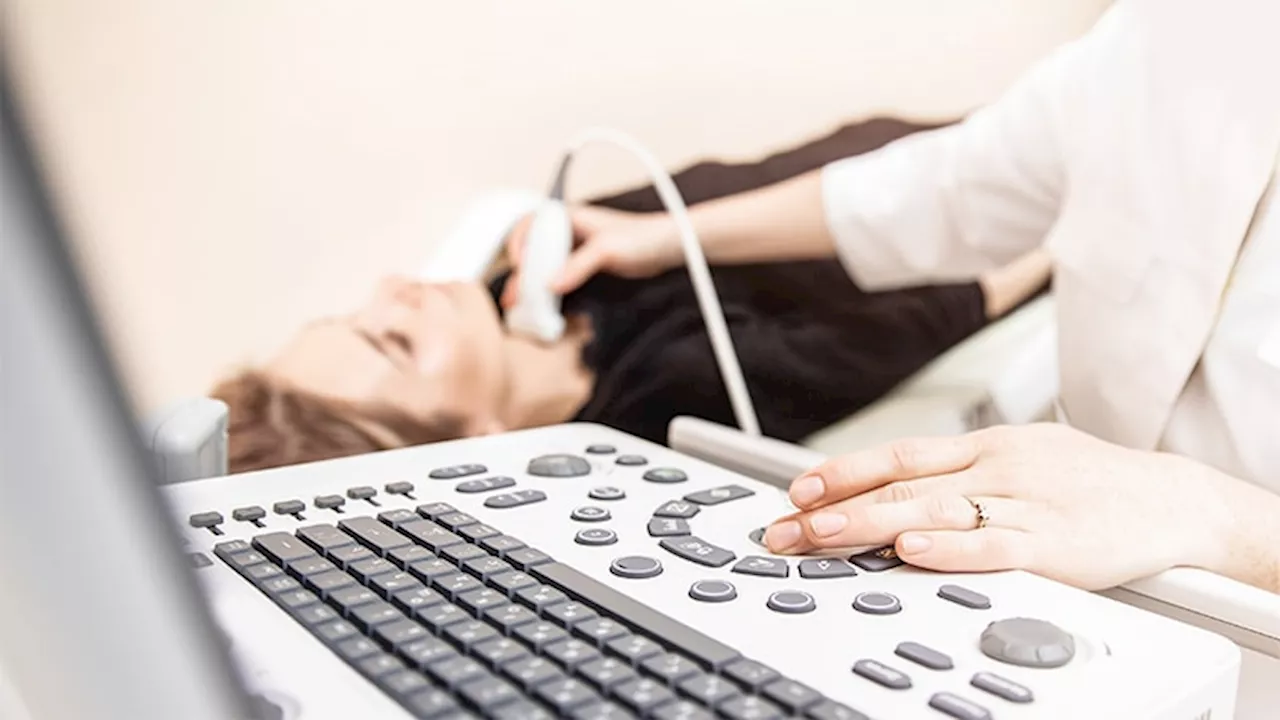 Thyroid Cancer Detections Due to More Screenings With GLP-1sThe good news is that the risk for thyroid cancer linked to GLP-1 drugs appears low, but higher detections in the first year, when a causative role of the drug is implausible, suggested stepped-up screenings that could add to problems of over-detection.
Thyroid Cancer Detections Due to More Screenings With GLP-1sThe good news is that the risk for thyroid cancer linked to GLP-1 drugs appears low, but higher detections in the first year, when a causative role of the drug is implausible, suggested stepped-up screenings that could add to problems of over-detection.
Read more »
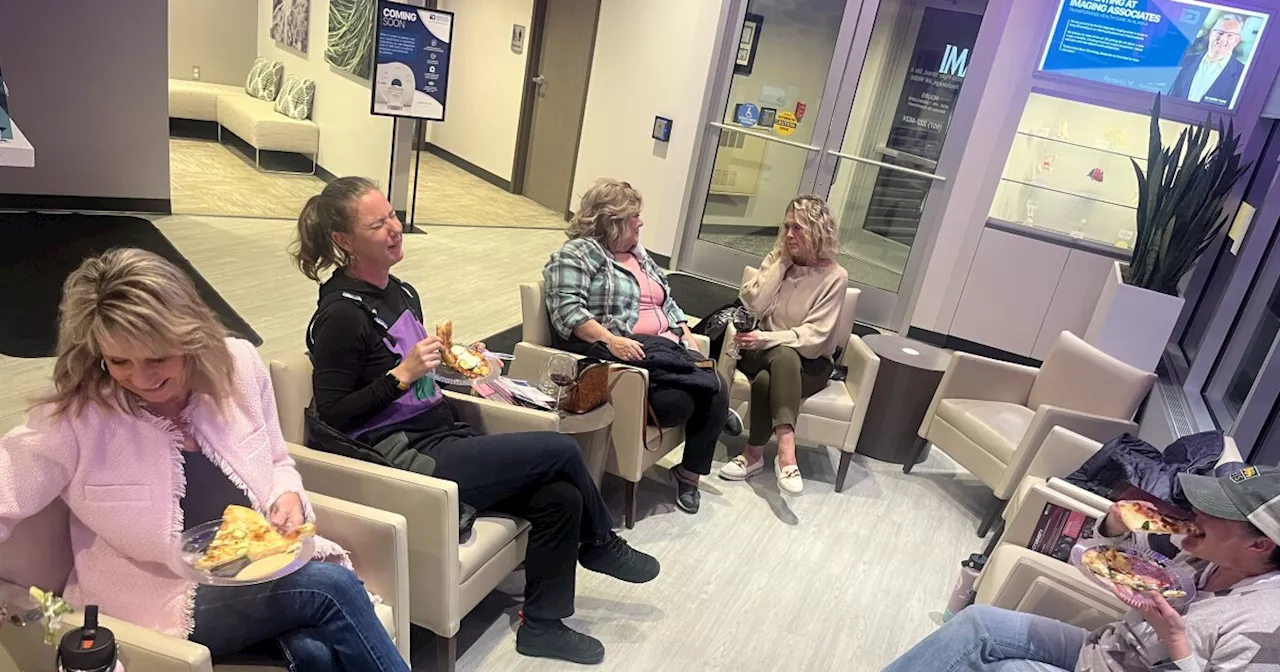 Mammogram Parties Offer Social Support and Encouragement for Breast Cancer ScreeningsImaging Associates in Anchorage, Alaska, host monthly mammogram parties to promote breast cancer screenings and create a comfortable and supportive environment for women.
Mammogram Parties Offer Social Support and Encouragement for Breast Cancer ScreeningsImaging Associates in Anchorage, Alaska, host monthly mammogram parties to promote breast cancer screenings and create a comfortable and supportive environment for women.
Read more »
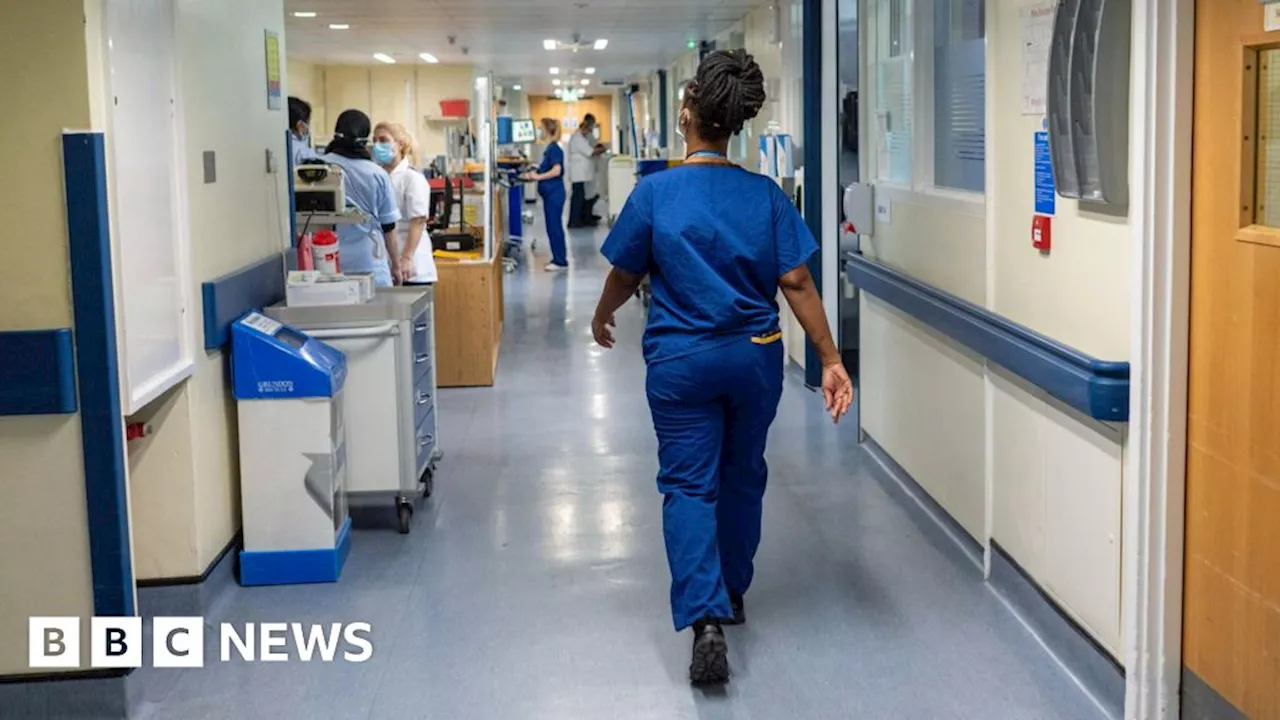 Eligible Guernsey women urged to book free smear testA resident shares a video explaining her cervical cancer journey to encourage screenings.
Eligible Guernsey women urged to book free smear testA resident shares a video explaining her cervical cancer journey to encourage screenings.
Read more »
 New Low-Cost Sensor Offers Hope for Early Lung Cancer DetectionA groundbreaking new sensor developed by researchers at Cranfield University has the potential to revolutionize lung cancer screening. The sensor, which provides results from a blood sample in just 40 minutes, can detect two key biomarkers associated with lung cancer, offering the possibility of identifying the disease even before symptoms appear. This early detection could lead to more effective treatments and improved survival rates.
New Low-Cost Sensor Offers Hope for Early Lung Cancer DetectionA groundbreaking new sensor developed by researchers at Cranfield University has the potential to revolutionize lung cancer screening. The sensor, which provides results from a blood sample in just 40 minutes, can detect two key biomarkers associated with lung cancer, offering the possibility of identifying the disease even before symptoms appear. This early detection could lead to more effective treatments and improved survival rates.
Read more »
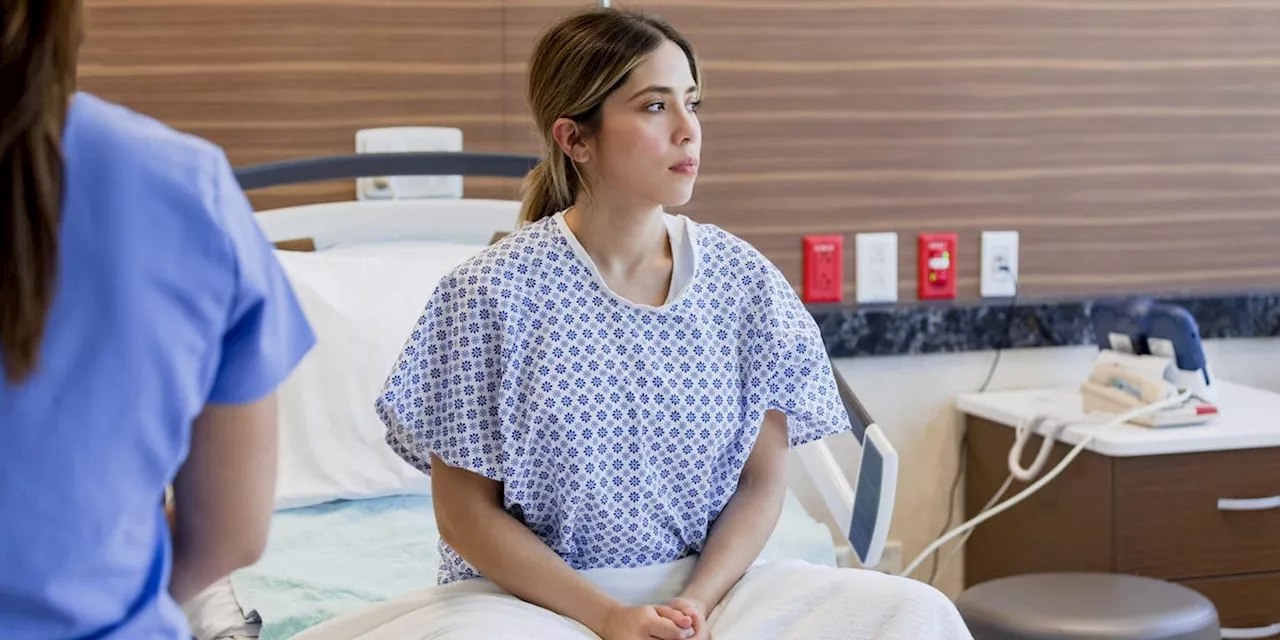 US Women Under 65 Now More Likely to Develop Cancer Than MenA new report from the American Cancer Society reveals a concerning trend: working-age women in the US are now more likely to develop cancer than men of the same age. The rate of cancer in women under 65 has been steadily increasing, crossing a significant threshold in the latest report. Researchers are particularly alarmed by the rise in lung cancer cases among women under 50, which are now 82% higher than in men. Although breast cancer remains the biggest risk, the report highlights the need for further investigation into environmental factors contributing to the increase in lung cancer. The report also emphasizes racial disparities in cancer detection, treatment, and survival rates.
US Women Under 65 Now More Likely to Develop Cancer Than MenA new report from the American Cancer Society reveals a concerning trend: working-age women in the US are now more likely to develop cancer than men of the same age. The rate of cancer in women under 65 has been steadily increasing, crossing a significant threshold in the latest report. Researchers are particularly alarmed by the rise in lung cancer cases among women under 50, which are now 82% higher than in men. Although breast cancer remains the biggest risk, the report highlights the need for further investigation into environmental factors contributing to the increase in lung cancer. The report also emphasizes racial disparities in cancer detection, treatment, and survival rates.
Read more »
 Why Are More Non-Smokers Getting Lung Cancer?p| Shannon Shelton Miller is an award-winning writer and journalist who specializes in education, parenting, culture and diversity, sports, and health and beauty articles. She has been published in the New York Times, the Washington Post, ESPN.com, Slate, InStyle and the Huffington Post.
Why Are More Non-Smokers Getting Lung Cancer?p| Shannon Shelton Miller is an award-winning writer and journalist who specializes in education, parenting, culture and diversity, sports, and health and beauty articles. She has been published in the New York Times, the Washington Post, ESPN.com, Slate, InStyle and the Huffington Post.
Read more »
